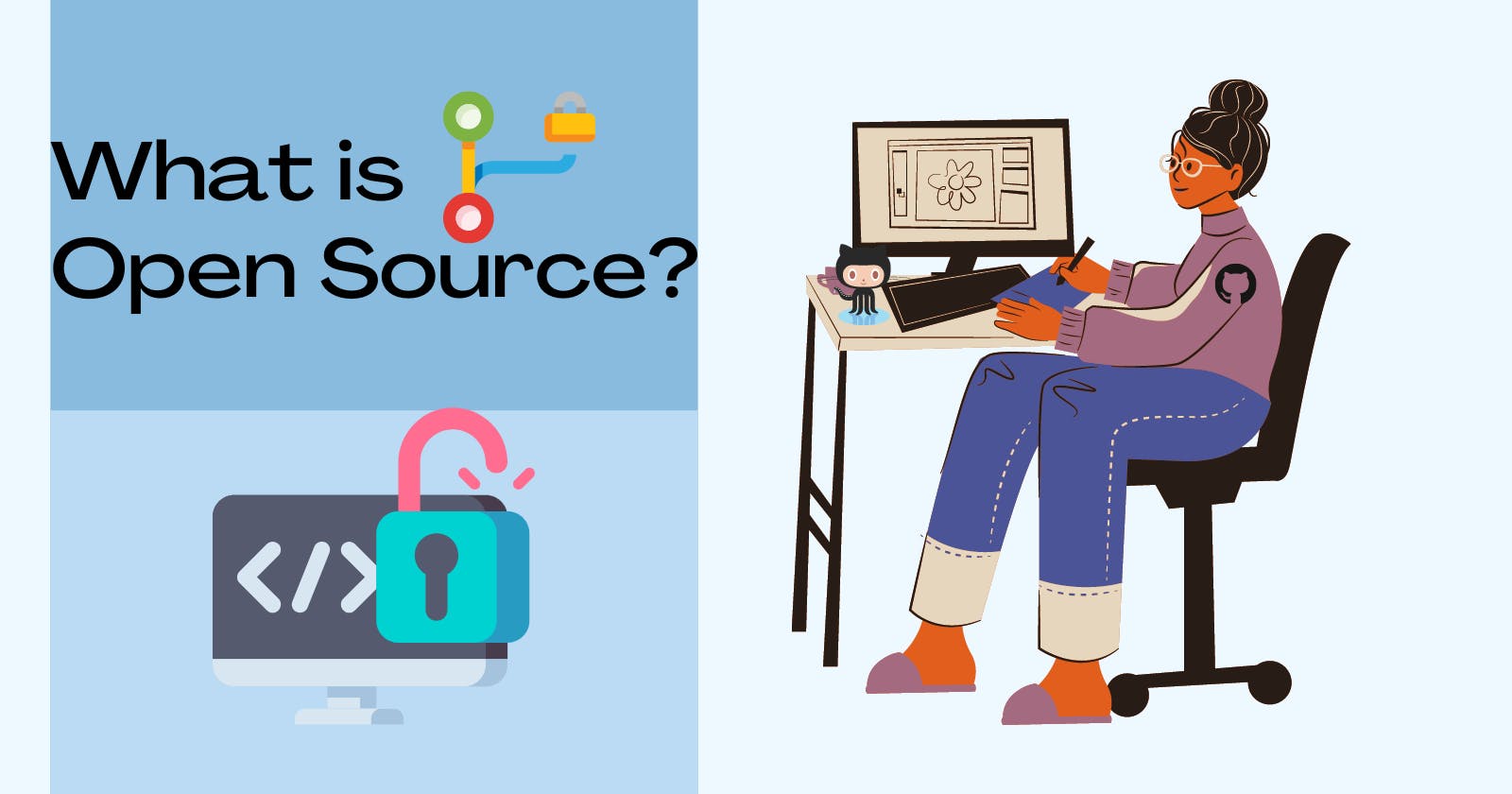Open Source.
3 min read

What is Open Source?
Open Source. The term was primarily used to describe a method for building computer programs in the context of software development. But now, "open source" refers to a broader set of principles, which we link to "the open source approach."
Open source software (OSS) is software that is distributed with its source code, making it available for use, modification, and distribution with its original rights. Most computer users never view the source code, which is the portion of the software that computer programmers use to control how a program or application operates. A program can be changed by programmers who have access to the source code by adding to it, altering it, or fixing any broken sections. OSS typically includes a license that allows programmers to modify the software to best fit their needs and control how to distribute the software.
How does OSS work?
Open source code is usually stored in a public repository and shared publicly. Anyone can access the repository to use the code independently or contribute improvements to the design and functionality of the overall project.
OSS usually comes with a distribution license. This license includes terms that define how developers can use, study, modify, and most importantly, distribute the software.
For Example:
- MIT License
- The GNU General Public License (GPL) 2.0 is more stringent and mandates the release of copies of modified code for public use.
Open source VS closed source software
The open source way is a form of thinking and collaborating within the open source community. The exchange of ideas and software developed by communities has driven creative, scientific, and technological advancement in such industries as education, software, health, and manufacturing. Through source code, this movement led the world's communities as a means to cooperate, share, and support both individual and collective aims.
CSS, or closed-source software, is proprietary software that is not made available to the general public. The software is encrypted, so only the original authors who created the code exclusively have the right to legally copy, modify, update, and edit the source code. Closed software imposes restrictions on what the end user can do with the application, preventing users from modifying, sharing, copying, or republishing the source code.
Some examples of OSS?
- GNU/Linux
- Mozilla Firefox
- SugarCRM
- jQuery
- VLC media player
So, these are some of the examples of OSS. Now, at last, let's see some of the benefits of Open Source.
Benifits of Open Source/ Open Source Software.
Open source software is free.
Open source provides learning opportunities for new programmers.
Open source is adaptable; developers can investigate how the code functions and freely alter it while gaining practical work experience.
Users may rely on open source because it is stable, and the source code is available to the public because they know that the code's developers can't just stop working on the project or let it deteriorate.
A built-in community for open source software constantly edits and enhances the source code and helps you to grow in your career.
Open Source also brings career opportunities for us.